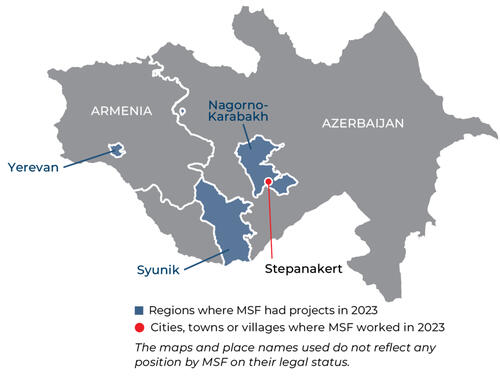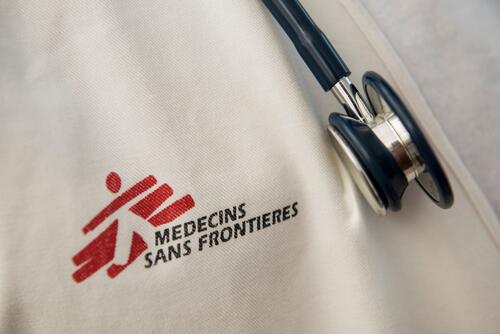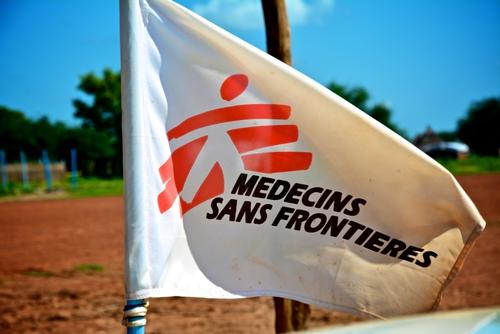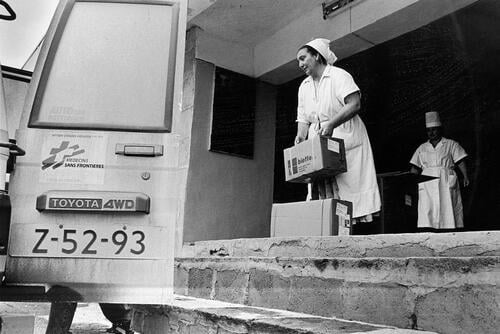We also provided emergency relief and food distributions, and medical care to people fleeing the region’s war during the 1990s, and later, treated people with tuberculosis.
During the 1990s, our teams rehabilitated public health structures in the country. We also provided an immunisation programme and worked on preventing sexually-transmitted diseases in clinics in the Imishli, Saatli and Fizuli regions, in the country’s southwest, until January 2001. We provided free basic healthcare in clinics just outside Sumgayit, on the Caspian Sea coast, in the early 2000s, before regional health programmes were handed over to other organisations.
Our activities in 2023 in Azerbaijan
Data and information from the International Activity Report 2023.
42
42
€2.7 M
2.7M
1989
1989


2,900
2,9

Nagorno Karabakh: MSF prepares to respond to people fleeing to Armenia

MSF response in Nagorno-Karabakh

Azerbaijan Interviews





